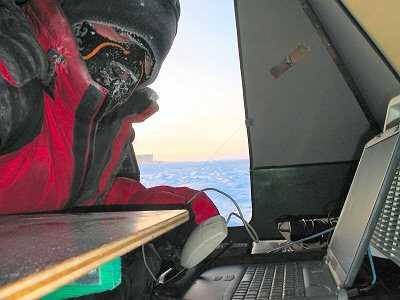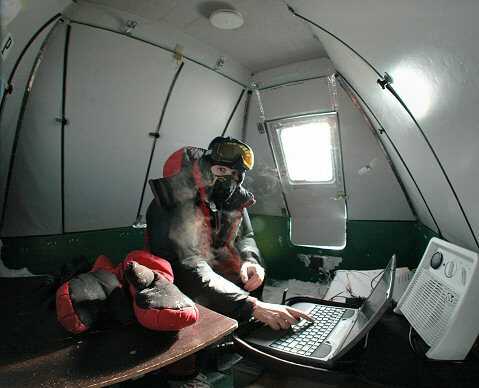14
3
My employer needs me to do some field work that will take place outside in temperatures up to -20C. I will use 2 Dell laptops, 1 Acer netbook and 1 Samsung netbook.
The laptops will be started and running before they are taken outside and then will have to operate at this temperature for up to 4 hours before being taken back inside. They will be plugged in for the duration of their cold weather operation.
Would this work without problems?
My thought is that because they are operating at room temperature before going outside, there should not be too much of a problem with operating. I think the heat that the system creates will be enough to keep the system from "freezing up". Is this a good assumption?
What about the screen, will it operate at these temperatures? In my thoughts, that will be my biggest "problem", not the actual running of the system, just the ability of the screen to respond.


5this really depends on the operating temperature specs of the screen. I would call the OEM and ask them about this, cause the only other way to get operating temps would be to take the laptop apart, look for a part number on the LCD, and look up datasheets for that part number. – Nate Koppenhaver – 2012-01-26T20:22:39.357
1Since this question has been reopened, I'd like to point out that answers should share experience or facts over opinion. Just guessing gets us nowhere ;) – slhck – 2012-01-26T20:26:49.597
In all likelihood the laptop will operate OK down to -10C or lower. The screen will tend to be dim and "sluggish" when cold, and the cold may reduce battery life some. And when really cold the lubricant in the disk drive will thicken, possibly preventing the drive from coming up to speed. But I'd personally not be too worried down to -10C or so. The bigger danger is bringing a laptop in from the cold, pulling it out and using it. Moisture will then condense all over the outside and inside, causing potential problem. Generally leave cold electronics boxed/bagged until near room temp. – Daniel R Hicks – 2012-01-26T23:16:39.933